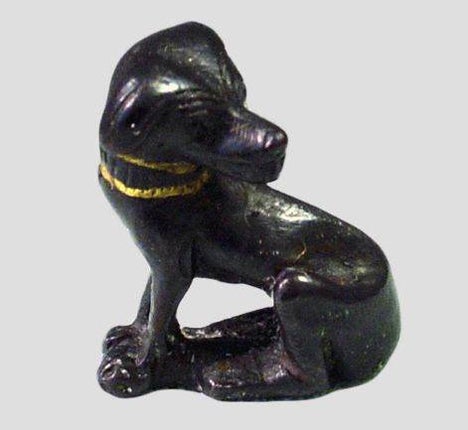New York to return Tutankhamun treasures

Your support helps us to tell the story
From reproductive rights to climate change to Big Tech, The Independent is on the ground when the story is developing. Whether it's investigating the financials of Elon Musk's pro-Trump PAC or producing our latest documentary, 'The A Word', which shines a light on the American women fighting for reproductive rights, we know how important it is to parse out the facts from the messaging.
At such a critical moment in US history, we need reporters on the ground. Your donation allows us to keep sending journalists to speak to both sides of the story.
The Independent is trusted by Americans across the entire political spectrum. And unlike many other quality news outlets, we choose not to lock Americans out of our reporting and analysis with paywalls. We believe quality journalism should be available to everyone, paid for by those who can afford it.
Your support makes all the difference.The Metropolitan Museum of Art in New York is to return 19 artefacts taken from the tomb of the boy pharaoh Tutankhamun. The trove was made up of small figurines and jewellery, including a miniature bronze dog, a sphinx-shaped bracelet ornament and a necklace, said the head of Egypt's antiquities council Dr Zahi Hawass.
"Thanks to the generosity and ethical behaviour of the Met, these 19 objects from the tomb of Tutankhamun can now be reunited with the other treasures of the boy king,"he said.
He said the items would be returned to Egypt next year and become part of the permanent Tutankhamun collection at the new Grand Egyptian Museum, which is is scheduled to open in 2012. The pieces were sent to New York in 1948 when the Metropolitan Museum closed its base in Egypt.
The decision to repatriate the objects comes after an extensive examination into their validity. In a statement on the Metropolitan Museum's website, director Thomas Campbell said all of the items were from the Tutankhamun tomb and Egypt's claim on the antiquities was justified.
"Because of precise legislation relating to that excavation, these objects were never meant to have left Egypt, and therefore should rightfully belong to the Government of Egypt," he said.
British archaeologist Howard Carter discovered the tomb of Tutankhamun in 1922 and some of the pieces were handed down through a niece of Carter's and his estate, which he left to the Metropolitan Museum.
Join our commenting forum
Join thought-provoking conversations, follow other Independent readers and see their replies
Comments